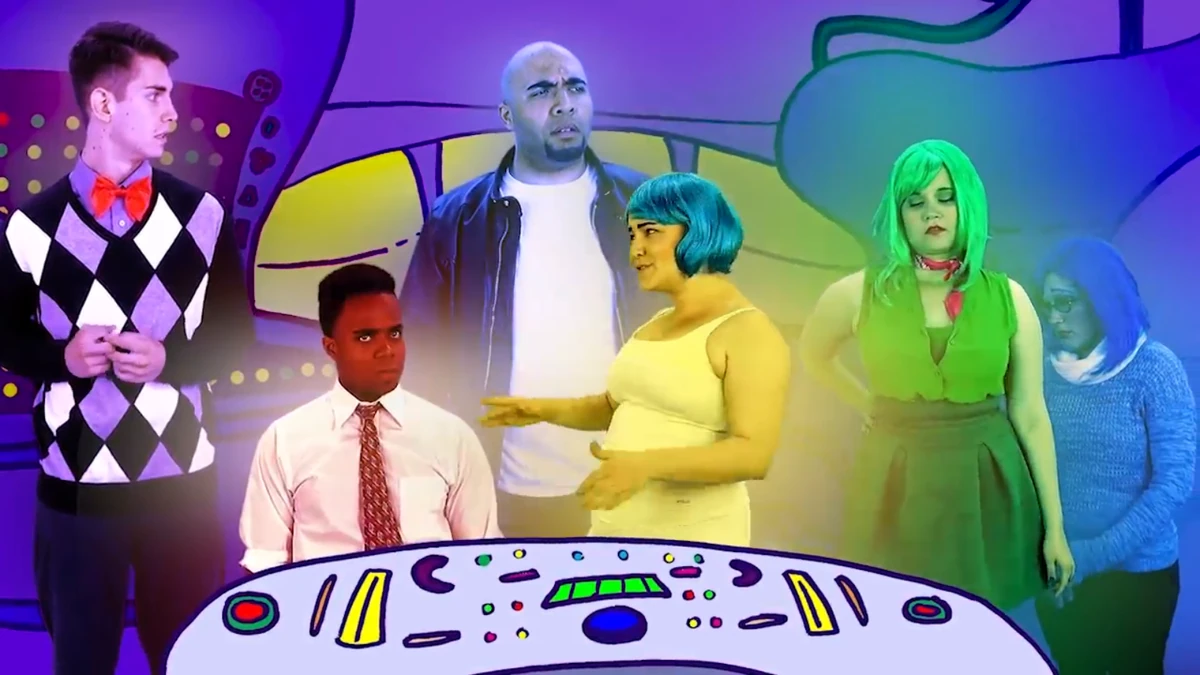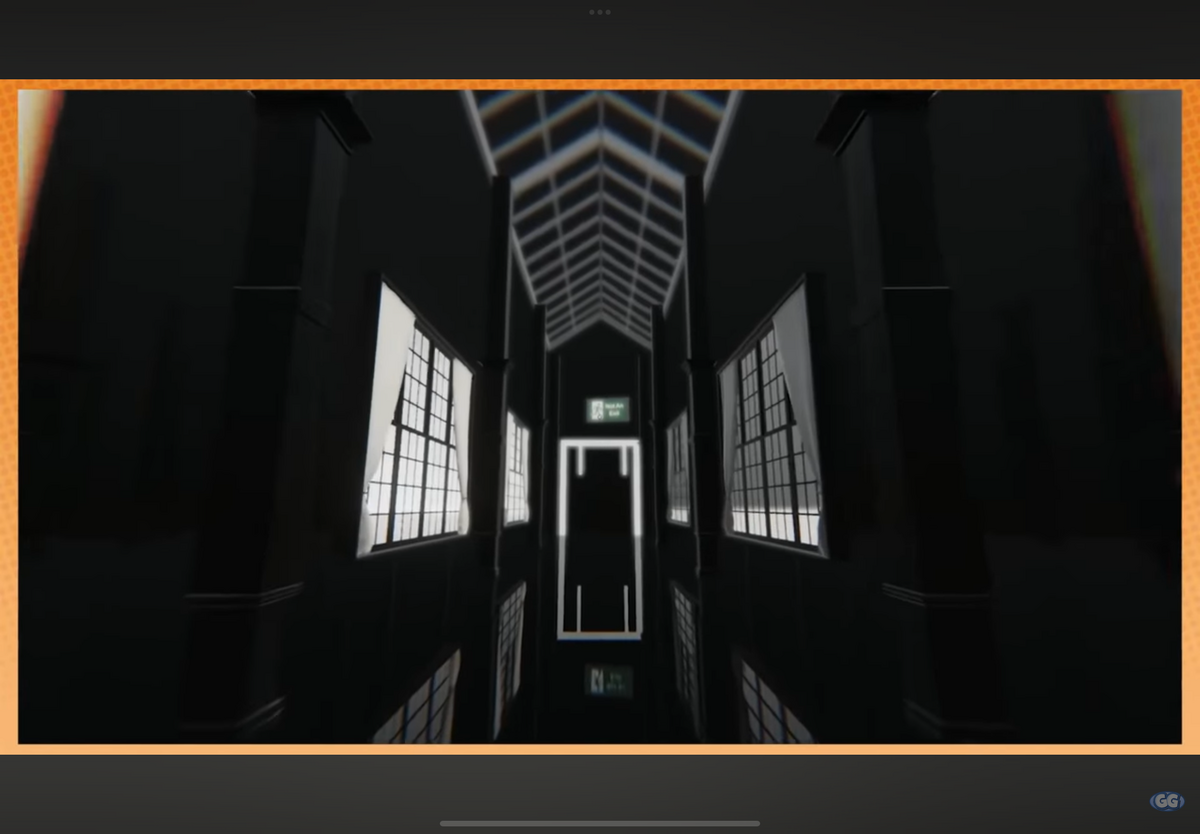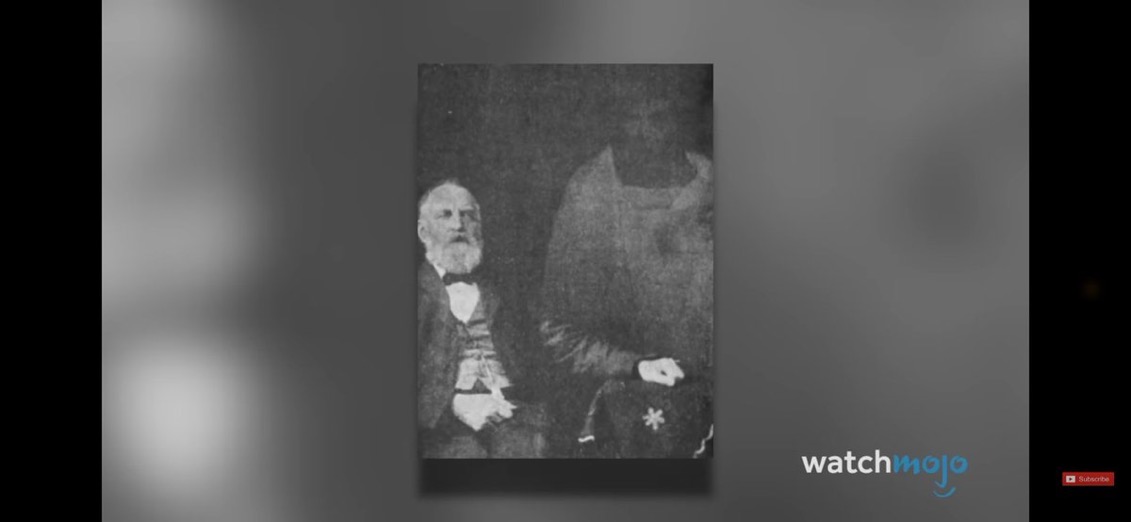Bono's memoir-inspired stage show captivates audiences - Newsday
"Bono: Stories of Surrender" documents the U2 frontman's one-man stage show that he performed in 2022 and 2023 to promote his memoir, including a residency at the Beacon Theatre in Manhattan.
It builds its arc around those performances, in which Bono takes the audience through some of the formative moments in his life. These include his childhood in Dublin, the formation of the band, meeting his wife Ali, learning how to use his fame and fortune to achieve something meaningful, the evolution of his complex relationship with his late father Brendan, and his spiritual battles.
Bono does this alone on stage, except for a trio of musicians playing the harp and cello, among other instruments.
What might sound like a "Springsteen on Broadway" retread instead carves out its own clear identity, thanks both to the artist's vision and to the astute visual eye of the filmmaker Andrew Dominik ("The Assassination of Jesse James by the Coward Robert Ford").
With U2, Bono is known for big shows punctuated with anthemic rock songs that paint sweeping visual pictures.
This project represents the anthesis of that. The artist early on points out his set: a table, some chairs, and the musicians supporting him. That's it.
While the show covers vast biographical terrain, it's structured not around the world of a rock star, but that of a son, reaching out to his father in a small, quiet corner of a Dublin pub, where they would meet to talk about their lives.
That's the best way to convey what Bono tries to achieve. It's a conversation with his audience, but also with himself and those he's loved and lost, with a past that remains ever-present, with memories that don't seem like memories at all.
That extends to the songs themselves.
He performs stripped-down versions of some of U2's biggest hits — fans will recognize the alternative lyrics to "Where the Streets Have No Name," for example, from the recent "Songs of Surrender" album.
For Bono, it's a sort of reclamation project. When a song becomes such an enormous hit, it stops being about whatever the artist might have intended it to be, and it starts becoming more about what we all think and feel when we hear it. Here, the artist borrows these songs back, framing them in the context of his life and in what he thinks about when he performs them today.
It's fundamentally fascinating. Even if it's not always successful, even if Bono occasionally falls back on vague platitudes masquerading as meaningful observations, the effort resonates.
The filmmaker captures it all in impressionistic black-and-white, with close-ups designed to show us Bono's real-time emotions and lighting effects that allow for the experience to feel like an immersive journey into the artist's mind and heart.
There are wrenching moments on this journey, particularly as Bono describes the death of his mother when he was 14, or his near-death experience from an aortic aneurysm in 2016.
But there's a real sense of hope and optimism at its center. Through it all, it's still a beautiful day.
A compelling portrait of the artist, in his own words.











